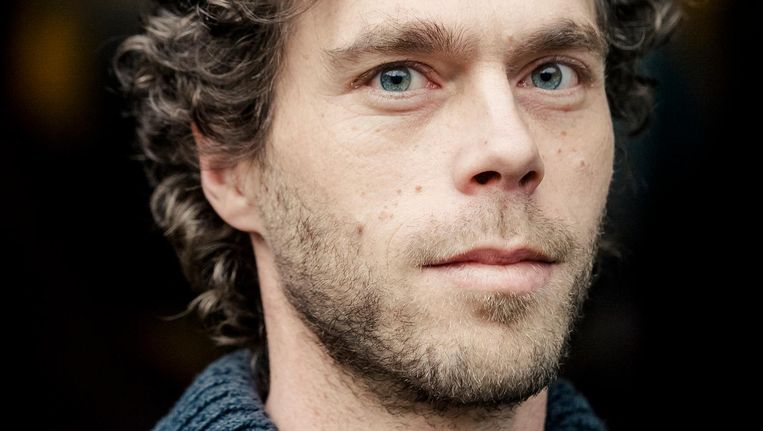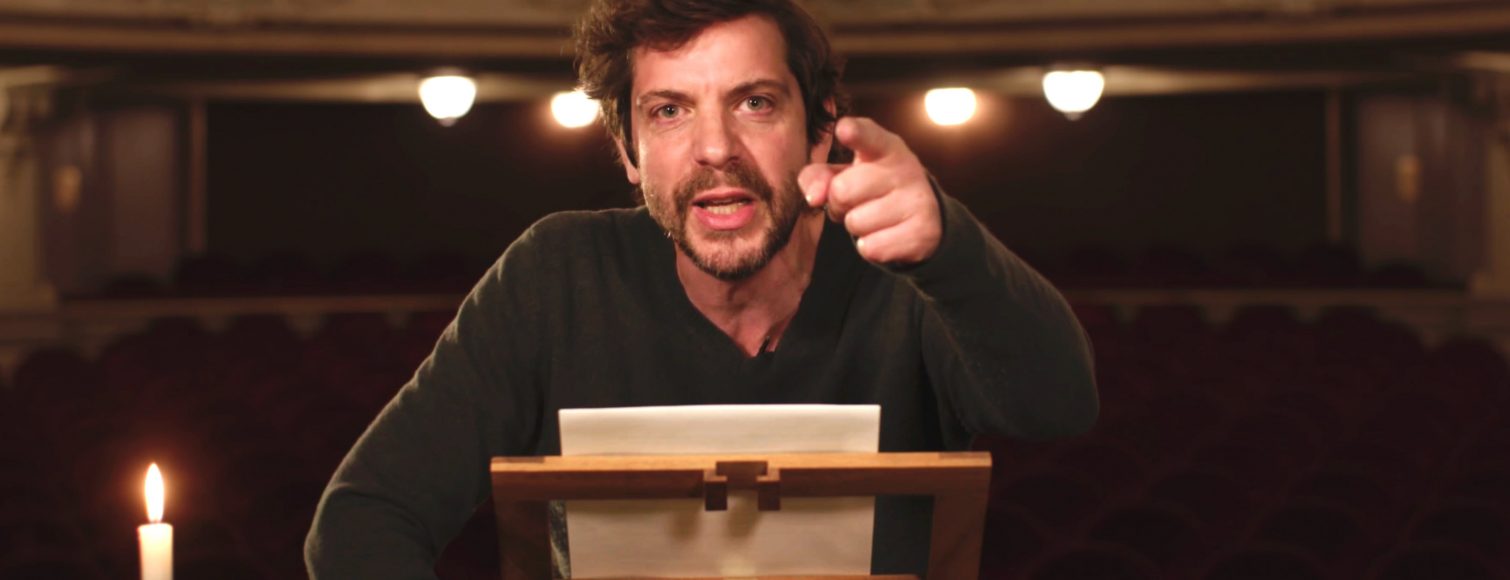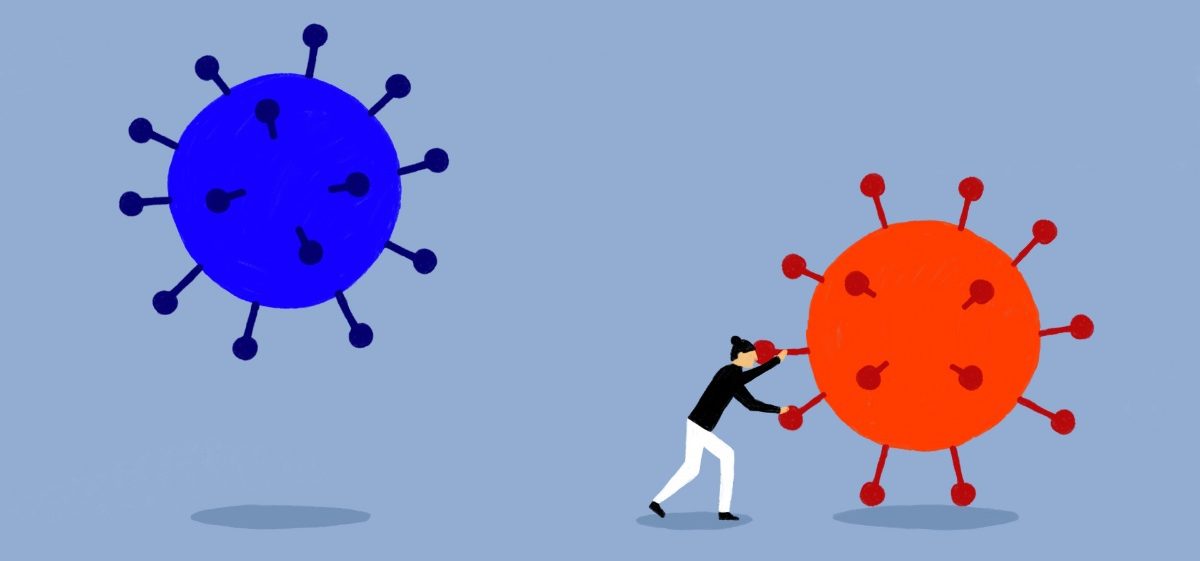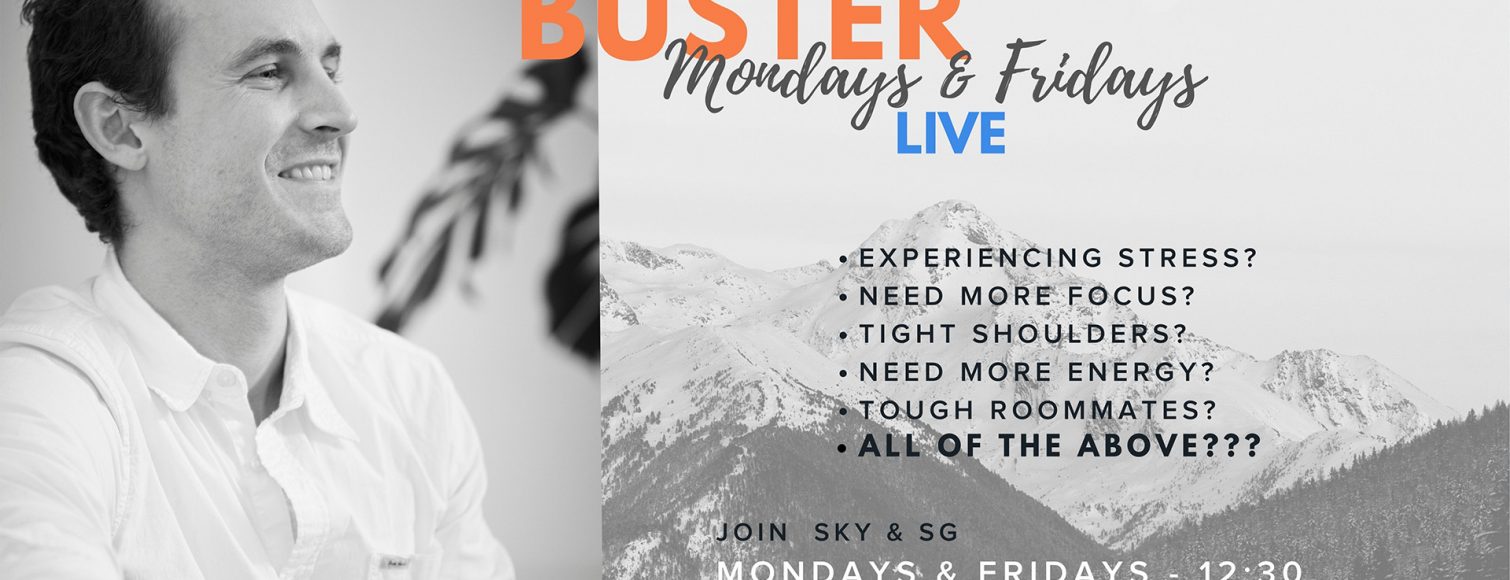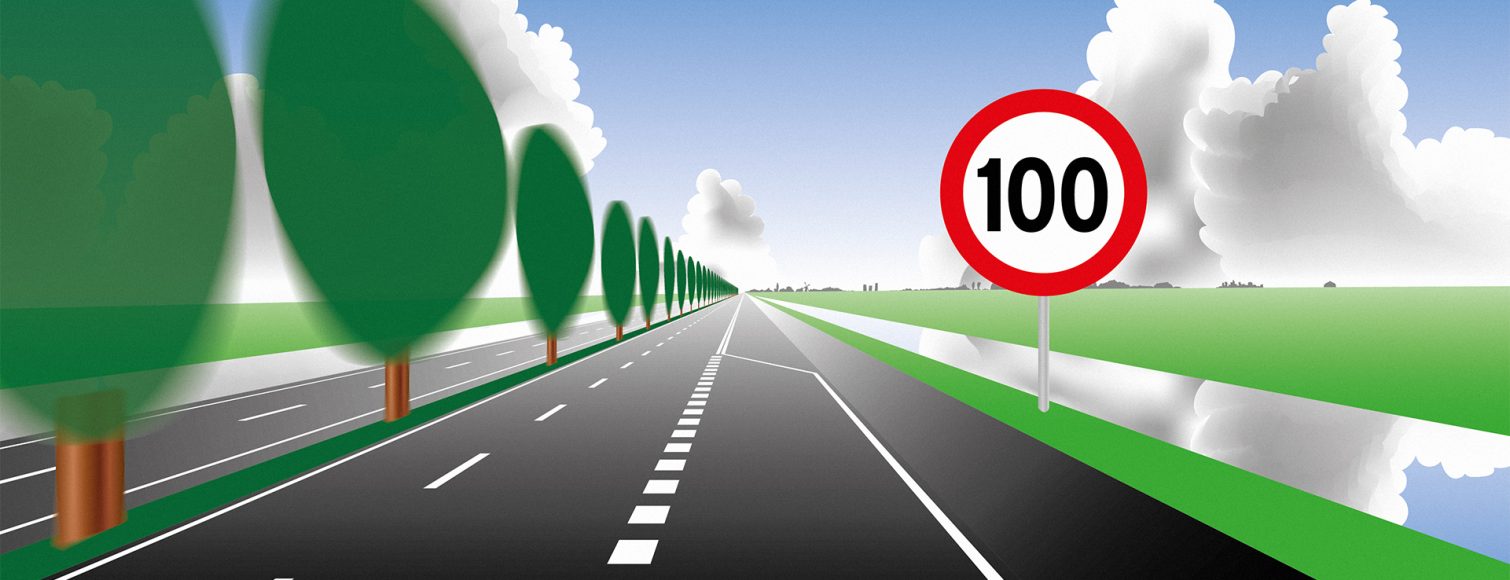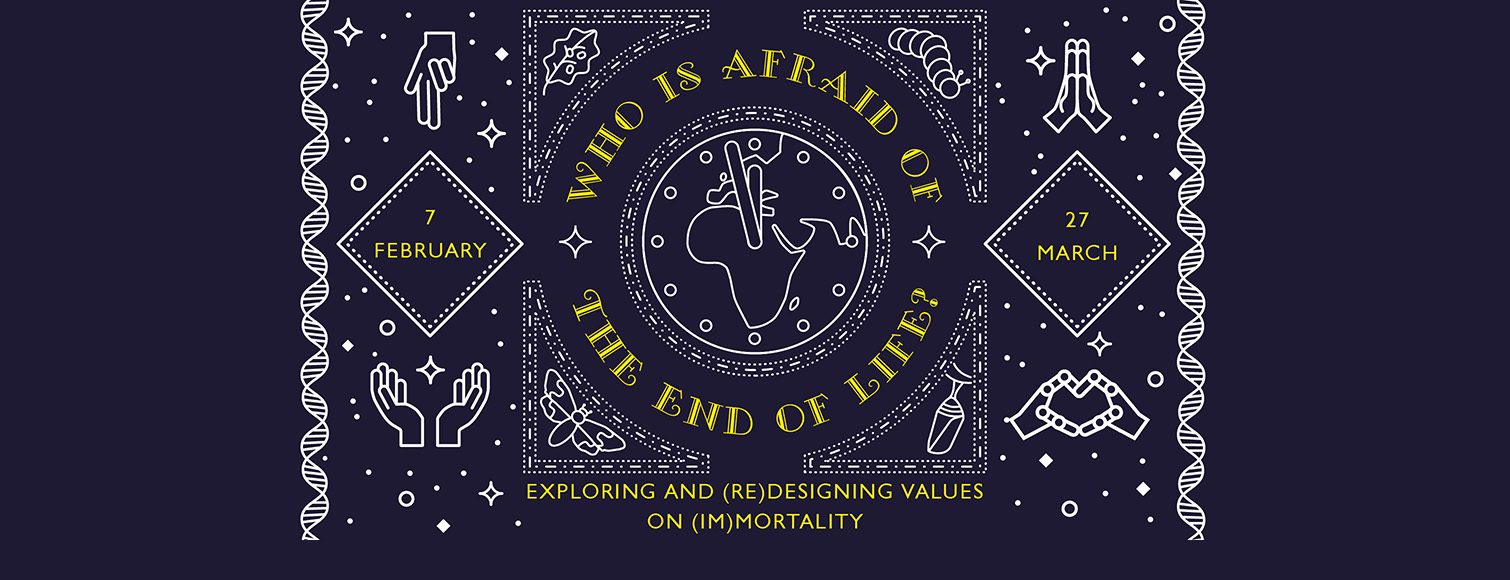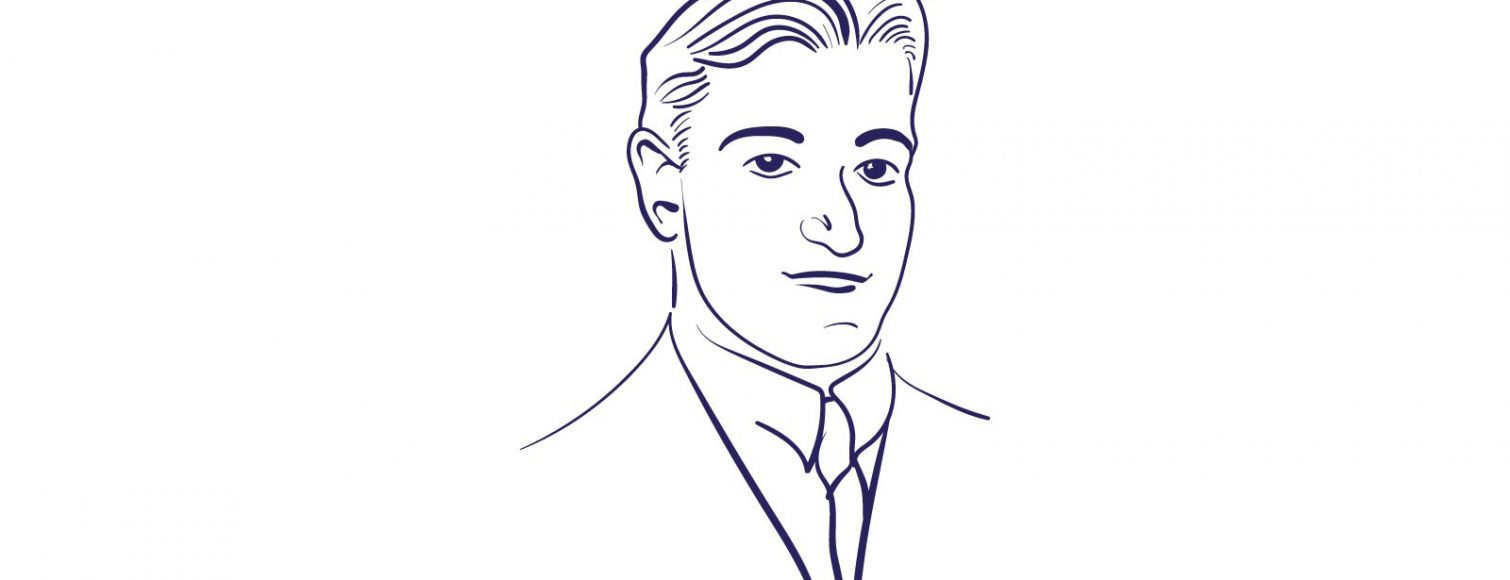During the Second World War, the occupying forces took the measure that would deeply affect the higher education in the Netherlands. On the 21st of November 1940 it was announced that all Jewish staff would be suspended from their positions. The next day, the President-curator of Delft Technical College, the predecessor of Delft University of Technology, informed the six professors involved. The same afternoon the news about the suspension was buzzing among the students in Delft. In the evening the message was discussed at different student societies. The suspension of the extremely popular law professor A.C. Josephus Jitta made a deep impression among the students. The time at which he taught, on Saturday morning, was unfortunate for many students, but nevertheless his lectures were always crowded. On the 23rd of November he had planned his last lecture and all students gathered in the building at the Oostplantsoen. However on arrival there was a note on the door that the lecture was cancelled, because Josephus Jitta was not allowed from giving his lecture. Following this, the five board members of the study association Practical Study of the Faculty of Civil Engineering lined up next to each other in the stairwell. The chairman Frans van Hasselt, who at the time was 27 years old, was given a push by his board members and took a step forward to say a few words denouncing the firing of the Jewish professors. He was someone who dared to stand up for his principles. A deafening applause was heard after his speech. In response to the speech a strike took place on Monday the 25th of November by a group of around 500 students. This was the first public strike against the persecution of Jewish people in the Netherlands. In the summer of 1941 Frans van Hasselt was arrested by the German occupying forces, not because of his speech, but because of his friendship with a friend in the Delft resistance. Van Hasselt died on September 10, 1942 at the Buchenwald Concentration Camp.
Source: “Loyaliteit in verdrukking” by Onno Sinke (2012)
The Van Hasseltlaan and the Van Hasseltplein in Delft, a room in the Auditorium of TU Delft and the yearly Van Hasselt Lecture are named after Frans van Hasselt.
The theme of the yearly Van Hasselt Lecture is related to Ethics, Technology, Peace or Justice. This year the Van Hasselt Lecture was held on Thursday the 21st of November at 8.30 pm in the Old Church of Delft. The keynote speaker was prof.dr. Ingrid Robeyns (Utrecht University). She talked about “The Purpose of the University in Democratic Societies”.
Van Hasselt Lecture: The purpose of the university in democratic societies
In the contemporary world, universities are often seen as sites of innovation, problem solving, and human capital formation by educating students. Yet throughout history, many philosophers have argued that the first and most important purpose of the university is a different one – a purpose that is related to its important epistemic role in democracies. Do these historic arguments still apply to universities in the contemporary world? In this lecture, Ingrid Robeyns will argue that these arguments haven’t lost their importance. Moreover, given technological developments and other factors shaping democratic processes, the democratic purpose of universities may well have become even more important than over the last decades. Against this background, what should we think of politicians worldwide who are attacking the universities as epistemic sites? And if we want to protect and foster the democratic purpose of the university, what does this require from the government, businesses and organisations, the university leadership, scholars and scientists, and from its students?
The full Van Hasselt Lecture as delivered by prof. Robeyns can be found here (PDF).


